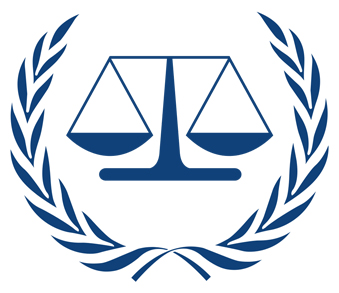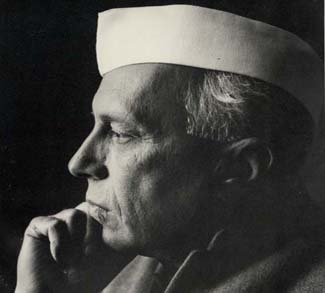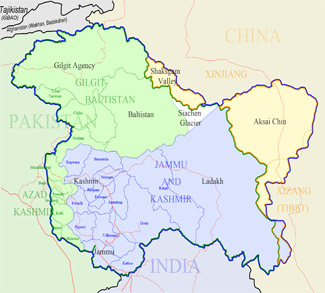On October 21, the world was rattled when the government of South Africa announced it would be withdrawing from the International Criminal Court over accusations that the institution was exclusively prosecuting Africans and ignoring Western injustices done to the people of Africa. The move comes just days after Burundi’s embattled leader signed a similar law to that effect and was quickly echoed by Gambia, which referred to the ICC as the “International Caucasian Court.” Human rights organizations, victim groups and pundits were quick to lambast the hypocrisy of the three countries. Indeed, while it’s true that the court has thus far only brought concrete charges against black Africans since its inception in 2002 under the Rome Statute, the allegation of an “African bias” is grossly unfounded and crumbles under closer scrutiny, as it ignores the way the ICC works and the actual political realities on the ground.
First of all, 34 of 122 member states are African, making them the largest regional group represented in The Hague, while Fatou Bensouda, a native of Gambia, holds the powerful position of the court’s chief prosecutor. Moreover, in order for the court to start its investigations into a case, a state party of the Rome Statute must “request the prosecutor to carry out an investigation,” after which additional information may be sent to the court regarding alleged crimes. This means that the ICC cannot commence investigations unless a state or group refers an alleged case to the court’s authorities.
Accusations of the court as a vehicle for Western neo-colonial ambitions turn a blind eye to the fact that the investigations were undertaken with the strong support of African states. For instance, in cases involving the Democratic Republic of Congo, Uganda, the Central African Republic, and Mali, those very states referred themselves to ICC prosecutors. It’s an unfortunate reality that many major conflicts with horrendous crimes are taking place on African soil. In 2014, Africa had 16 percent of the world’s population while being host to 52 percent of the world’s armed conflicts – an increase of 12 percent compared to 2013. Add to this African states’ pivotal involvement in the founding of the ICC, and it’s no surprise that Africa accounts for a disproportionate amount of cases on the court’s docket.
Nevertheless, it’s important to note that the ICC has been shifting its attention to other continents as well. In January, the Court said it had “a reasonable basis to believe” that crimes against humanity and war crimes were committed during the 2008 Russo-Georgian war. While the request for the authorization of a full investigation is pending, there are numerous other non-African countries under the court’s scrutiny, including Afghanistan, Ukraine, Colombia, the UK’s actions in Iraq and Israel’s involvement in Palestine.
From these points it becomes clear that racism is not an underlying current in the ICC’s operational history. Rather, the leaders of the countries announcing their withdrawal do so for self-serving personal reasons. In light of their abysmal human rights records, the dictatorial leaders of Gambia and Burundi both have good reasons to bail on the court in order to shield themselves from international prosecution. And South Africa’s President Jacob Zuma is using the accusations of racism as a means distract from his many corruption scandals and to stabilize his increasingly ailing leadership by pretending to stand shoulder to shoulder with his African counterparts, and thus ensuring their backing of his own rule.
Now that the levee has broke, it’s highly likely that other countries will try to leave the ICC. Djibouti’s president for example is under ICC investigation over the deadly suppression of the opposition in the run up to the presidential election for his fourth term. Ismail Omar Guelleh, who is running the country like a personal fiefdom, has also recently stepped up political repression, including fiercely cracking down on press freedom and freedom of assembly, among other infractions. Furthermore, in July the ICC referred Djibouti and Uganda to the United Nations for their failure to arrest Sudan’s strongman Omar al-Bashir on ICC orders when he visited the two countries in May this year. Al-Bashir is wanted for crimes against humanity in Sudan’s breakaway region of Darfur.
Sadly however, the requested withdrawals are setting a serious precedent that may well spell the end for the ICC as an institution. Burundi is the first member state that has turned a threat into concrete action when its lower house voted in favor of leaving the court. Since South Africa and Gambia have followed suit, fears are running high that a mass exodus will follow that will eventually undermine the Court’s legitimacy as fewer and fewer countries are willing to rely on its investigations. If that were to happen, one of the only tools for serving justice to the African people will be removed from the international system, for the ICC continues to be the only avenue for justice for the crimes they have suffered.
In the words of Human Rights Watch head Ken Roth, “The alternative to ICC prosecution in the cases it has taken would be no prosecution at all,” so that ultimately there would be “No justice for the countless Africans who have been murdered, tortured, raped, or forced to become child soldiers.” Although the ICC’s track record has not been overwhelming, it has some scored important successes to show for. But calling its raison d’être into question for the personal gain of corrupt African leaders is telling of the fact that justice is now needed more than ever.
The opinions, beliefs, and viewpoints expressed by the authors are theirs alone and don’t reflect any official position of Geopoliticalmonitor.com.




